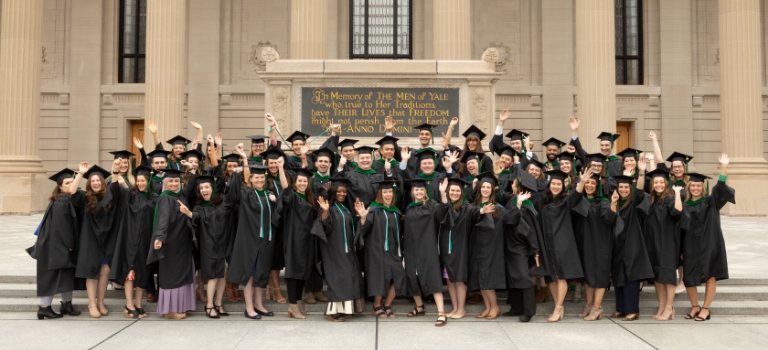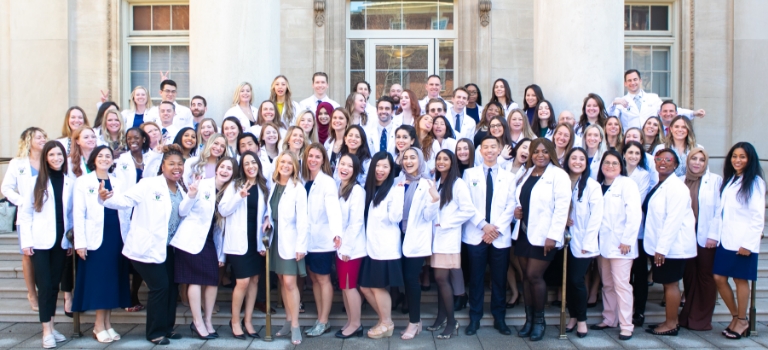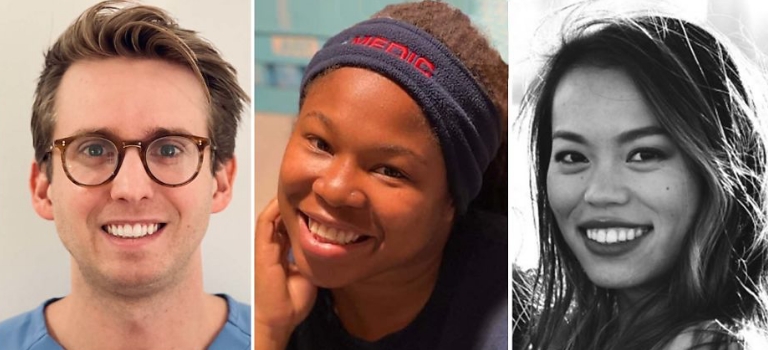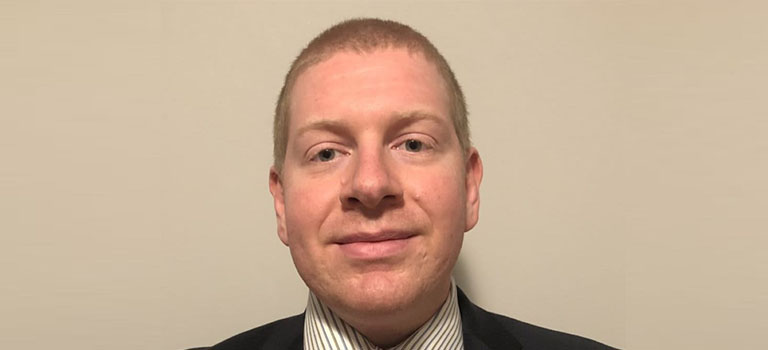
A virtual celebration of poetry, prose, and art, which Yale MD, physician assistant (PA) online, physician associate, nursing, and public health students created, took place on May 5, at the annual Program for Humanities in Medicine (PHM) Health Professions Students’ Creative Medical Writing & Art Contest. One hundred thirty students submitted entries, almost twice as many as last year. With “so many beautiful outstanding pieces,” Assistant Professor of Medicine and Associate Program Director, Traditional Internal Medicine Residency Cynthia Frary McNamara, MD, said selecting winners was particularly difficult. McNamara is serving as interim director of the PHM.





